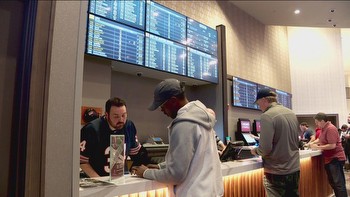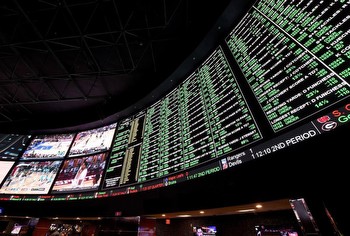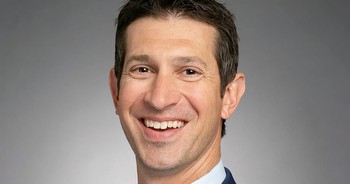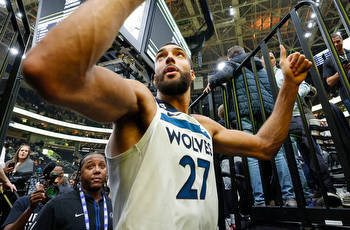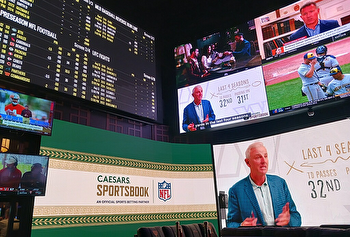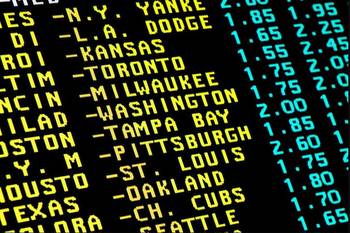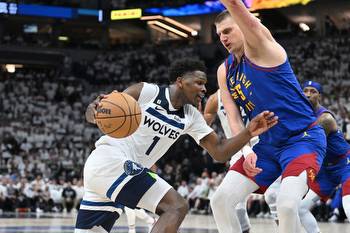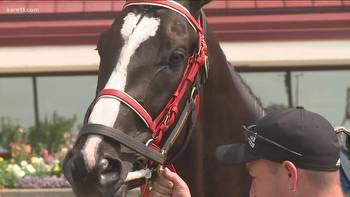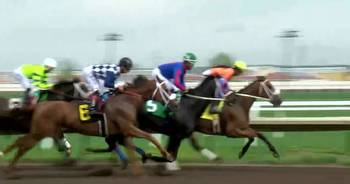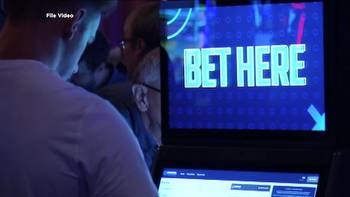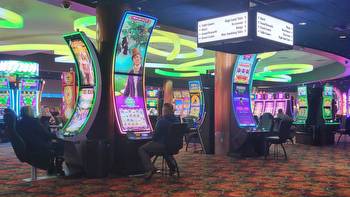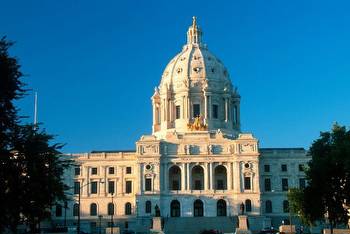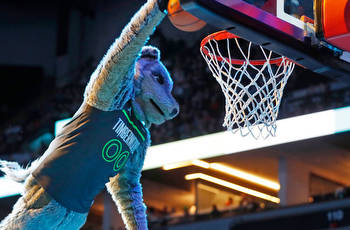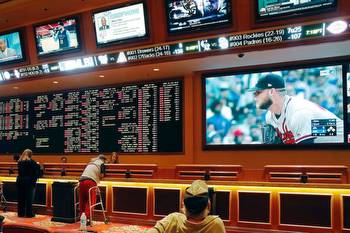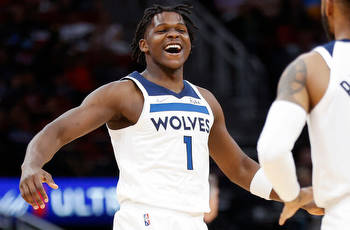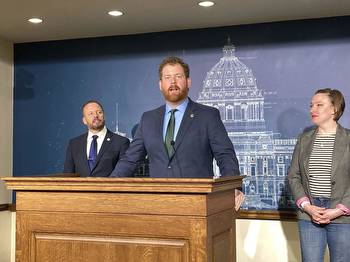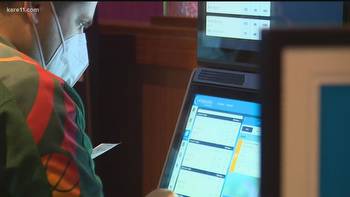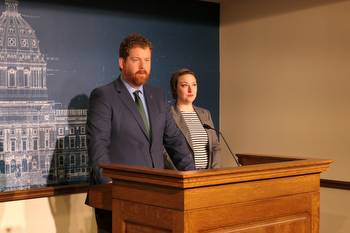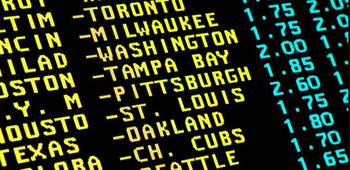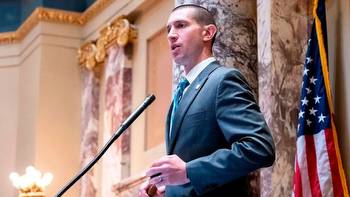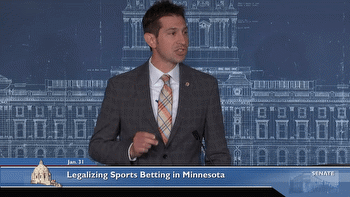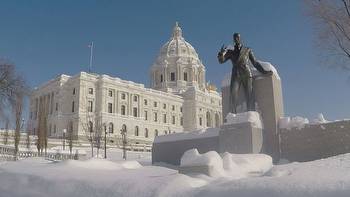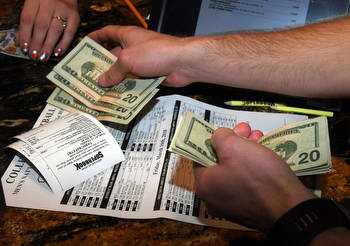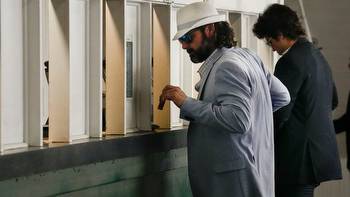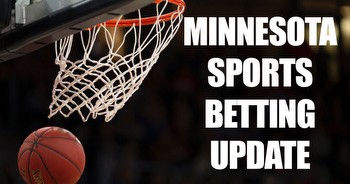Minnesota House Committee Advances Sports Betting Bill

The Minnesota House Commerce, Finance, and Policy Committee moved HF 2000, a statewide mobile sports betting bill that puts tribes in charge, forward on Monday. The legislation has broad support from the state’s 11 tribes, as well as its professional sports teams.
The bill, which is sponsored by Rep. Zack Stephenson, now moves on to the House Judiciary and Civil Law Committee. Stephenson introduced a similar bill in 2022 that got through the House before the Senate amended it to include horse racetracks, at which point the Minnesota Indian Gaming Association (MIGA) withdrew its support.
This year’s version of the House bill would again give the tribes a monopoly and would allow each to have one wagering skin, or digital platform, plus a retail location. Tribes could then contract with commercial operators — such as Barstool Sportsbook, DraftKings, or FanDuel — to run their sportsbook platforms or opt to operate their own. Wagering would be taxed at 10% for all bets placed off tribal lands, while wagers placed in Indian Country would not be taxed.
A key difference between the 2022 version of the bill and this year’s is related to licensing. In 2022, Stephenson proposed a bill with a hub-and-spoke licensing setup, but the 2023 version would license tribes directly.
Tribes: Bill would provide competitive market
On Monday, committee members heard from MIGA, which supports the bill.
“Were House File 2000 as currently drafted to become law, MIGA tribes believe that the resulting mobile and retail markets operated by Minnesota’s tribal nations would not only support tribes, but would also provide well-regulated and accessible options for the state’s sports bettors and a competitive market that is important to our state’s professional sports teams and market partners,” testified Andy Platto on behalf of MIGA.
While introducing his bill, Stephenson noted that Minnesota is surrounded by legal wagering states and quipped that a colleague said that “no Minnesotan should have to go to Iowa to have fun.” But Minnesotans have been doing that for three-plus years after Iowa became one of the first 10 states to legalize sports betting in May 2019.
Committee members heard testimony both for and against the bill. DraftKings Government Affairs Director David Prestwood testified that Minnesotans could already wager via black-market sportsbooks and said the state needs consumer protections and a legal framework. Prestwood said DraftKings supports the bill.
Among those opposing bill were several faith-based and anti-gambling groups, as well as representatives from the state’s horse racing industry. Minnesota has two active tracks, Canterbury Park and Running Acres, both of which would like a piece of the sports betting action.
“We feel strongly that any effort to add sports betting to the gaming options in Minnesota needs to include input from the tracks, as well as tribal governments and the sports teams,” testified Randy Sampson, chairman of Canterbury Park. “Adding new gaming options at Canterbury has never proved to be a threat to the tribal gaming. And these options just provide a different type of economic development. On the other hand, just ignoring horse racing when considering new forms of gaming can cause the loss of significant economic benefits to the Minnesota horse industry and to the state of Minnesota.”
Both Sampson and Tracy Wilson, CFO of Running Acres, said they could not support the current legislation and asked that lawmakers expand the bill to include their interests.
Lawmakers spar over what bill should include
After witness testimony, lawmakers jousted about tying sports betting to pull tabs, another form of gambling in the state.
Rep. Tim O’Driscoll, who voted against advancing the bill, introduced and withdrew an amendment which stipulated that gaming-related issues should be packaged together rather than “siloed.” Stephenson responded with mirth, saying it is “amusing to me, having heard my friends talk about how much they don’t like seeing bills moved together and that they’d rather see things dealt with now separately, that now the idea is that we should do [these] things more.”
After Rep. Sam Farr said, “I really think we need to look at all those things (pull tabs, charitable gaming, sports betting) as a package,” Stephenson replied, “This bill already has a remarkable amount of consensus. I think that a lot of people … maybe think of the tribes as a monolith, but there are 11 of them, and they all have a different perspective. So there’s a lot of consensus just there.
“And then you add in professional sports teams, all of whom support this bill, and the feedback from the university and from problem gambling groups and from other groups … so there already is a lot in this bill.”

